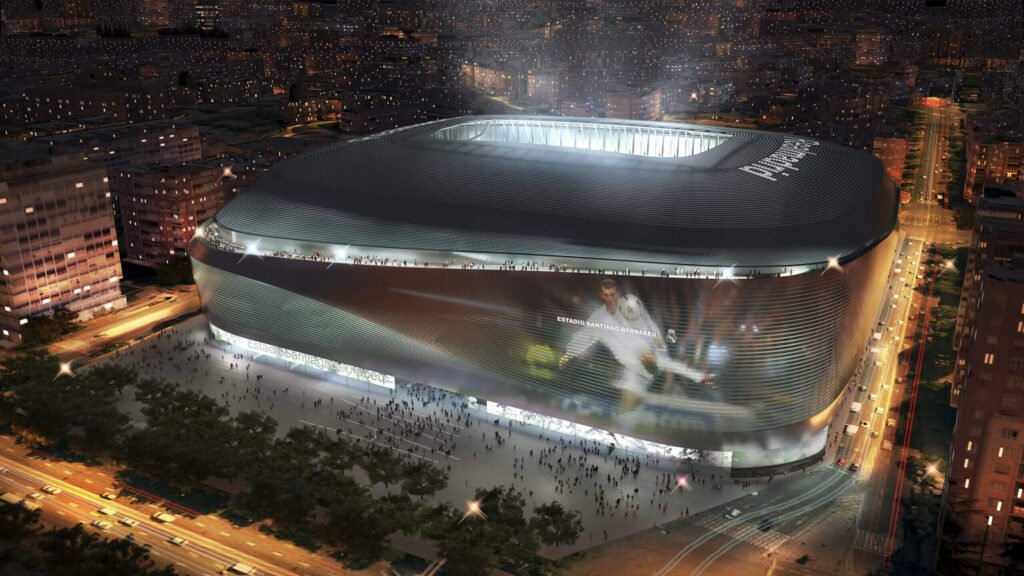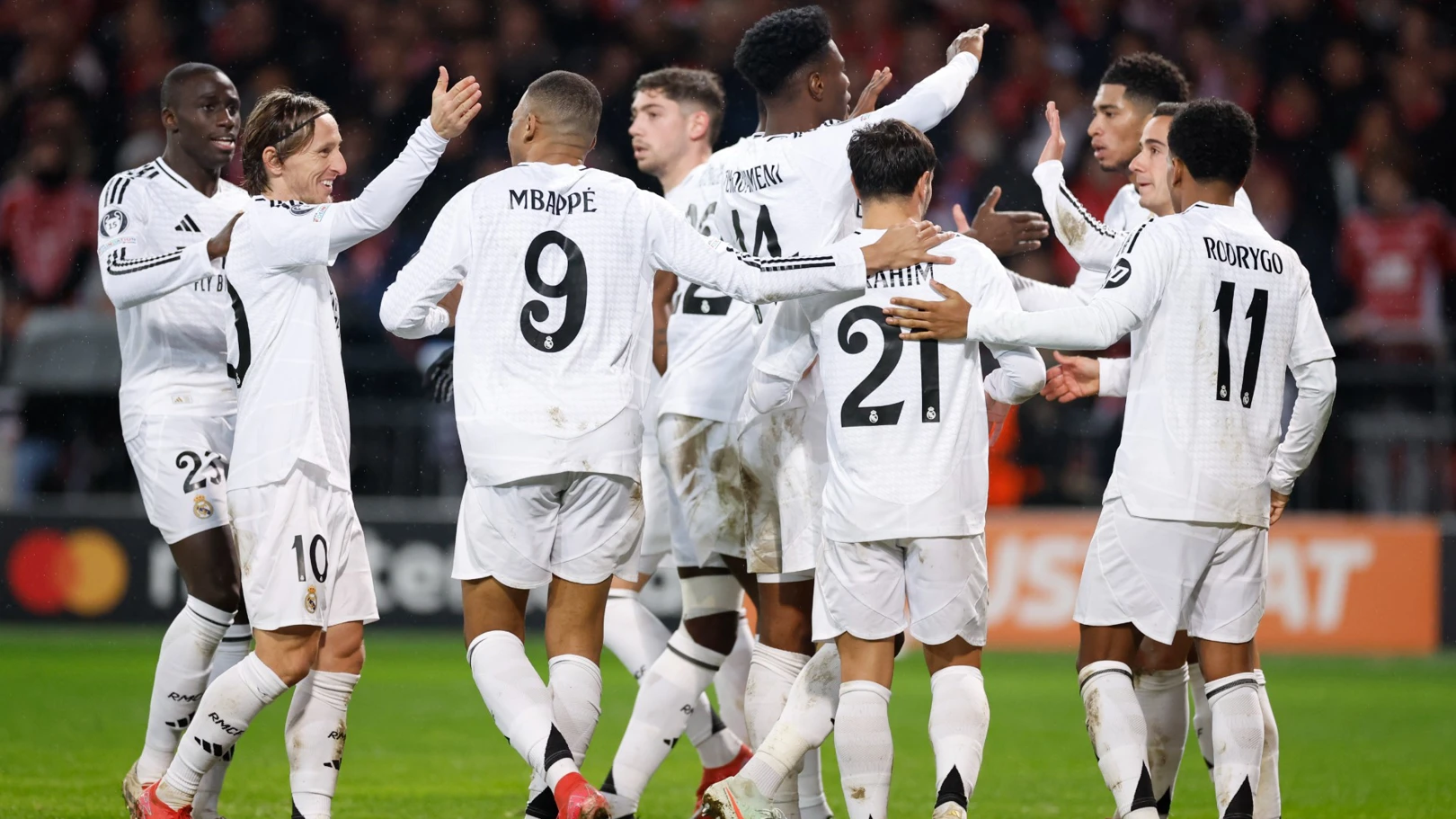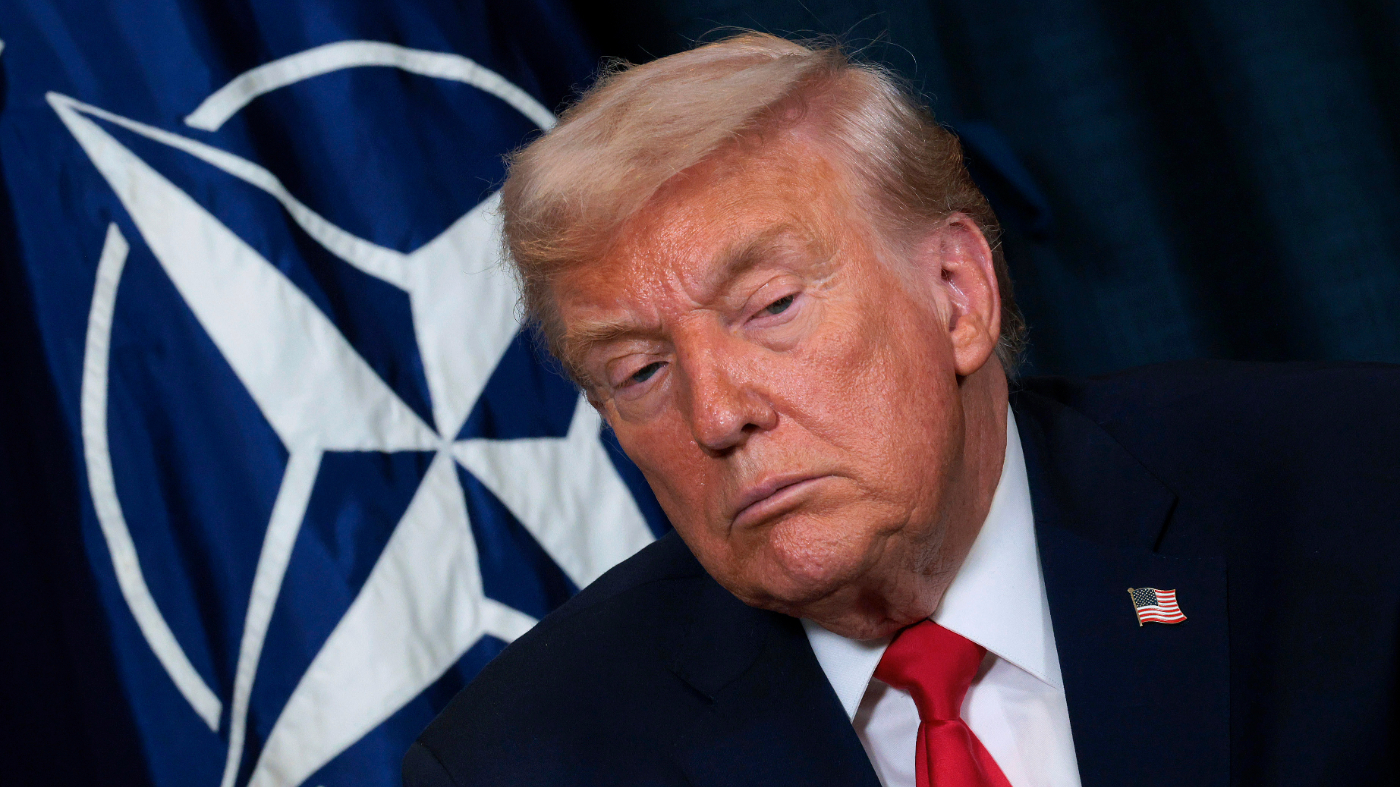As Real Madrid prepares to host Arsenal at the Santiago Bernabéu tonight for the second leg of their UEFA Champions League quarter-final, the Spanish giants face a daunting task. Trailing 3–0 from the first leg, many might count them out. However, history suggests that writing off Real Madrid in Europe is a mistake.
A Legacy of Remarkable Comebacks
Real Madrid’s history in the Champions League is replete with dramatic turnarounds. In the 2021–22 season, they overturned a 2–0 aggregate deficit against Paris Saint-Germain in the Round of 16, with Karim Benzema scoring a second-half hat-trick to secure a 3–2 aggregate victory.

In the same campaign, they faced Chelsea in the quarter-finals. After a 3–1 win at Stamford Bridge, Madrid found themselves 3–0 down in the second leg. A late goal from Rodrygo forced extra time, where Benzema’s header sealed their progression to the semi-finals.

Perhaps most famously, in the semi-finals against Manchester City, Madrid trailed 5–3 on aggregate as the match entered the 90th minute. Two quick goals from Rodrygo leveled the tie, and Benzema’s extra-time penalty completed an astonishing comeback, sending Madrid to the final.

The Bernabéu Factor
The Santiago Bernabéu has been the stage for many of these European nights. The atmosphere, the history, and the belief that permeate the stadium often inspire the team to extraordinary feats. Manager Carlo Ancelotti has emphasized the importance of the home crowd and the club’s tradition of resilience in such situations.

Arsenal’s Challenge
Arsenal, aiming for their first semi-final appearance since 2009, delivered a commanding performance in the first leg, with Declan Rice scoring two free-kicks. However, the pressure of the Bernabéu and Madrid’s experience in overturning deficits could pose a significant challenge for the Gunners.
Conclusion
While the task is formidable, Real Madrid’s history in the Champions League demonstrates that comebacks are not just possible; they’re part of the club’s identity. As the second leg approaches, the stage is set for another potential chapter in Madrid’s storied European history.











